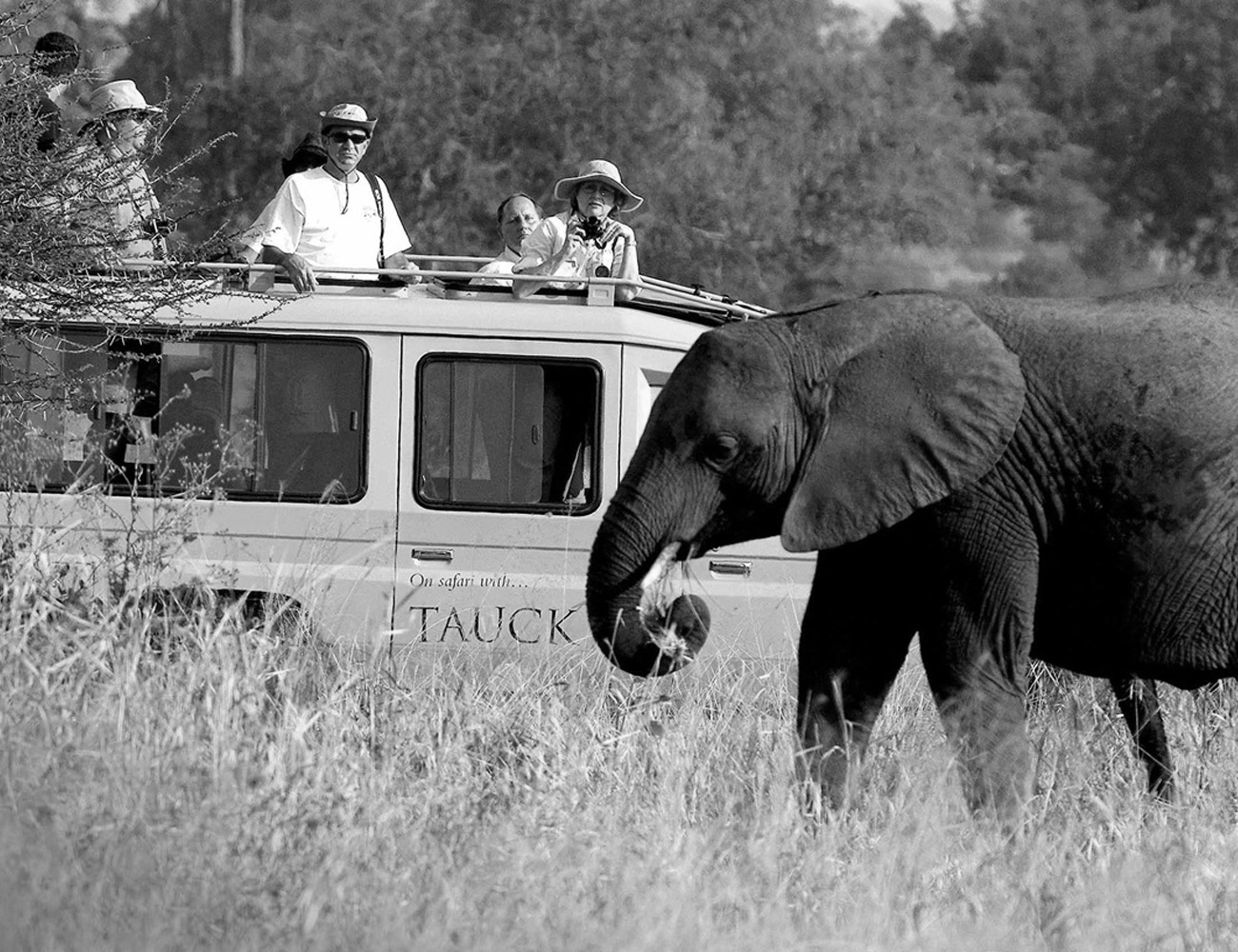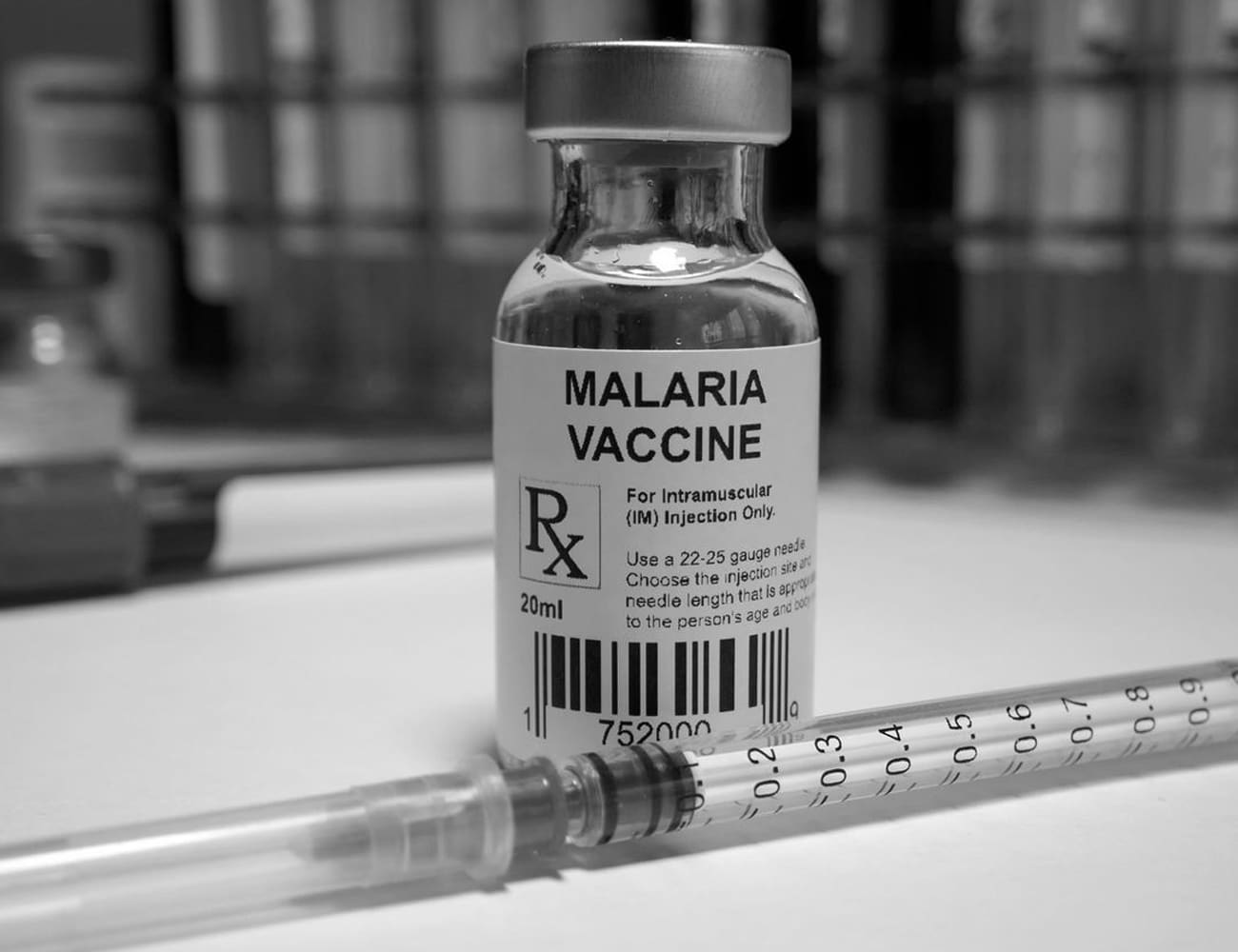Unveiling the Truth: Is Tanzania, Africa a Safe Travel Destination?
Looking for an adventure off the beaten path? Consider Tanzania, Africa as your next travel destination. But before you pack your bags, you may be asking questions like, is it safe to travel to Tanzania Africa?
With its breathtaking landscapes, diverse wildlife, and vibrant cultural heritage, Tanzania has been attracting travelers from around the world. However, it’s essential to understand the safety factors before planning your trip.
In this article, we will unveil the truth about Tanzania’s safety as a travel destination. We will explore the safety measures in place, the crime rates, and the precautions you need to take to ensure a secure and enjoyable journey.
Tanzania boasts some of the world’s most iconic destinations, such as the Serengeti National Park and Mount Kilimanjaro. By understanding the safety aspects, you can make informed decisions and fully enjoy the wonders this beautiful country has to offer.
So, if you’re contemplating a trip to Tanzania, keep reading to uncover the truth behind its safety reputation and embark on an unforgettable adventure with peace of mind.
Understanding the misconceptions: Debunking popular myths about Tanzania’s safety
Is it safe to travel to Tanzania Africa? Tanzania, like any other country, has its fair share of misconceptions regarding safety. One common myth is that the entire country is riddled with crime and danger. While it’s true that certain areas may have higher crime rates, it’s important to remember that Tanzania is a vast country with diverse regions.
For instance, Zanzibar, a popular tourist destination, is known for its tranquil beaches and rich history. The crime rates here are relatively low, and tourists can enjoy a peaceful vacation by taking basic precautions like avoiding isolated areas at night and keeping an eye on their belongings.
Another misconception is that wildlife encounters in Tanzania are inherently dangerous. While it’s crucial to respect the wild animals and follow the guidance of experienced guides, Tanzania has well-established national parks and reserves with trained rangers to ensure the safety of visitors.
By debunking these myths, we can dispel any unnecessary fears and approach Tanzania as a safe travel destination with a realistic perspective.
Crime rates in Tanzania: Analyzing official statistics and comparing them to other destinations
Before traveling to a new location where you’ve never been, asking questions like: is it safe to travel to Tanzania Africa is very important. To gauge the safety of a travel destination, it’s important to analyze the crime rates and compare them to other countries. According to official statistics, Tanzania’s crime rates have been decreasing in recent years. The government has implemented various measures to improve security, particularly in tourist areas.
However, it’s worth noting that petty theft and pickpocketing can occur, especially in crowded places such as markets and bus stations. Travelers should exercise caution, keep an eye on their belongings, and avoid displaying expensive items in public.
Compared to other popular tourist destinations, Tanzania’s crime rates are relatively moderate. It’s always a good idea to research the specific regions you plan to visit and stay informed about any recent incidents. By staying vigilant and informed, you can minimize the risk and enjoy your trip to Tanzania.
Safety precautions for travelers: Tips and recommendations to stay safe in Tanzania

To help calm your nerves about your question: is it safe to travel to Tanzania Africa? and to ensure that you have a safe and enjoyable journey in Tanzania, here are some tips and recommendations for travelers:
- Research and plan your itinerary: Before you set foot in Tanzania, familiarize yourself with the areas you plan to visit. Understand the local customs, traditions, and any potential safety concerns specific to those regions.
- Stay updated on travel advisories: Check the travel advisories issued by your government or reputable travel websites. These advisories provide valuable information on safety, health risks, and any political or social unrest in Tanzania.
- Choose reputable tour operators and accommodations: When booking tours or accommodations, opt for reputable and licensed operators. Check online reviews, seek recommendations, and ensure they have proper safety protocols in place.
- Be cautious with your belongings: Petty theft can occur in crowded places, so keep your valuables secure and be mindful of your surroundings. Use a money belt or secure bag to carry your essentials, and avoid displaying expensive items in public.
- Use reliable transportation: If you’re using public transportation, be cautious and choose reputable companies. When hiring taxis, negotiate the fare beforehand or use reputable ride-hailing services.
- Respect local customs and traditions: Tanzanian culture is diverse and rich, so it’s important to respect local customs and traditions. Dress modestly, seek permission before taking photographs of people, and be mindful of cultural sensitivities.
By following these precautions, you can minimize the risks and have a safe and memorable experience in Tanzania.
Health and medical concerns: Addressing common health issues and the availability of healthcare facilities
When traveling to any foreign country, it’s essential to consider health and medical concerns. Tanzania is no exception, and it’s important to take necessary precautions to safeguard your well-being.
One of the primary health concerns in Tanzania is malaria. The country is classified as a high-risk area for malaria transmission, particularly in certain regions. It’s advisable to consult with a healthcare professional before your trip and take appropriate preventive measures, such as anti-malarial medication and insect repellent.

In addition to malaria, travelers should also be aware of other health risks like waterborne diseases and foodborne illnesses. It’s recommended to drink bottled water, avoid street food, and consume only properly cooked meals to minimize the risk of gastrointestinal issues.
Tanzania has healthcare facilities in major cities and towns, but the quality of healthcare may vary. It’s advisable to have travel insurance that covers medical emergencies and evacuation, as well as access to funds for any unforeseen medical expenses.
By taking necessary health precautions and being prepared for any medical emergencies, you can ensure a safe and healthy journey in Tanzania.
The role of the government and law enforcement: Evaluating the effectiveness of security measures in Tanzania
The Tanzanian government has made efforts to improve security and ensure the safety of both its citizens and tourists. Law enforcement agencies are present in tourist areas and national parks to provide assistance and maintain order.
However, it’s important to acknowledge that security measures may vary across different regions. While major cities and tourist destinations generally have a visible police presence, more remote areas may have limited security resources. Travelers should be mindful of this and take appropriate precautions when visiting less populated or rural regions.
It’s advisable to follow any instructions or guidance provided by local authorities, such as park rangers or tour guides. They have the knowledge and experience to navigate potential safety risks and ensure a secure experience for visitors.
Personal experiences: Stories from travelers who have visited Tanzania and their perspectives on safety
To gain a holistic understanding of Tanzania’s safety as a travel destination, it’s valuable to hear from those who have experienced it firsthand. Many travelers have shared their positive experiences in Tanzania, highlighting the warm hospitality, stunning landscapes, and feeling of security they encountered.
Stories often revolve around encounters with wildlife in national parks, where trained guides ensured the safety of visitors during game drives and guided walks. Travelers have also praised the efforts of local communities in preserving their cultural heritage and creating a safe and welcoming environment for tourists.
While individual experiences may vary, these stories exemplify the potential for a safe and enjoyable journey in Tanzania.
Cultural sensitivity and respect: Understanding local customs and traditions to ensure a positive and safe experience
Respecting local customs and traditions is crucial to ensure a positive and safe experience in Tanzania. Tanzanian culture is diverse, with over 120 ethnic groups, each with its own unique traditions and practices.
It’s important to dress modestly, particularly when visiting religious sites or rural communities. Women should cover their shoulders and avoid wearing revealing clothing. Additionally, seek permission before taking photographs of people, as some may find it disrespectful.
Understanding and appreciating cultural differences can go a long way in fostering positive interactions and avoiding any unintentional offense. By being respectful and open-minded, you can create meaningful connections with the local community and have a safe and enriching experience in Tanzania.
Travel insurance: The importance of having adequate coverage for unexpected events
Travel insurance is an essential aspect of any trip, including to Tanzania. It provides financial protection and peace of mind in case of unexpected events or emergencies.
When choosing travel insurance, ensure it covers medical emergencies, evacuation, trip cancellation or interruption, and loss or theft of personal belongings. Read the policy carefully, and if necessary, consult with a travel insurance expert to select the most suitable coverage for your trip.
Having comprehensive travel insurance can help mitigate the financial impact of any unforeseen circumstances and provide assistance when needed, allowing you to fully enjoy your journey in Tanzania without unnecessary worries.
Is Tanzania a safe travel destination? Weighing the pros and cons and offering final thoughts.
In this article, we have answered the question: is it safe to travel to Tanzania Africa? After exploring the various aspects of safety in Tanzania, it’s evident that the country offers a safe travel experience for visitors. While it’s important to be aware of potential risks and take necessary precautions, Tanzania’s natural beauty, rich cultural heritage, and warm hospitality make it a worthwhile destination.
By understanding the misconceptions, analyzing crime rates, taking safety precautions, and respecting local customs, travelers can embark on a memorable journey through Tanzania with peace of mind.
Remember, no travel destination is entirely risk-free, and it’s essential to stay informed and exercise caution wherever you go. With the right mindset and preparation, Tanzania can be a safe and rewarding adventure, allowing you to create lifelong memories in this enchanting African country.
For more articles related to Tourism in Tanzania, click here!


































